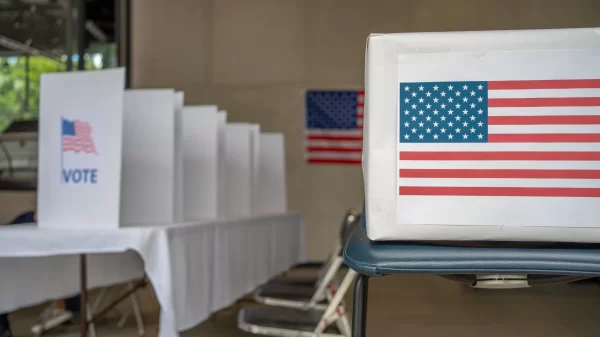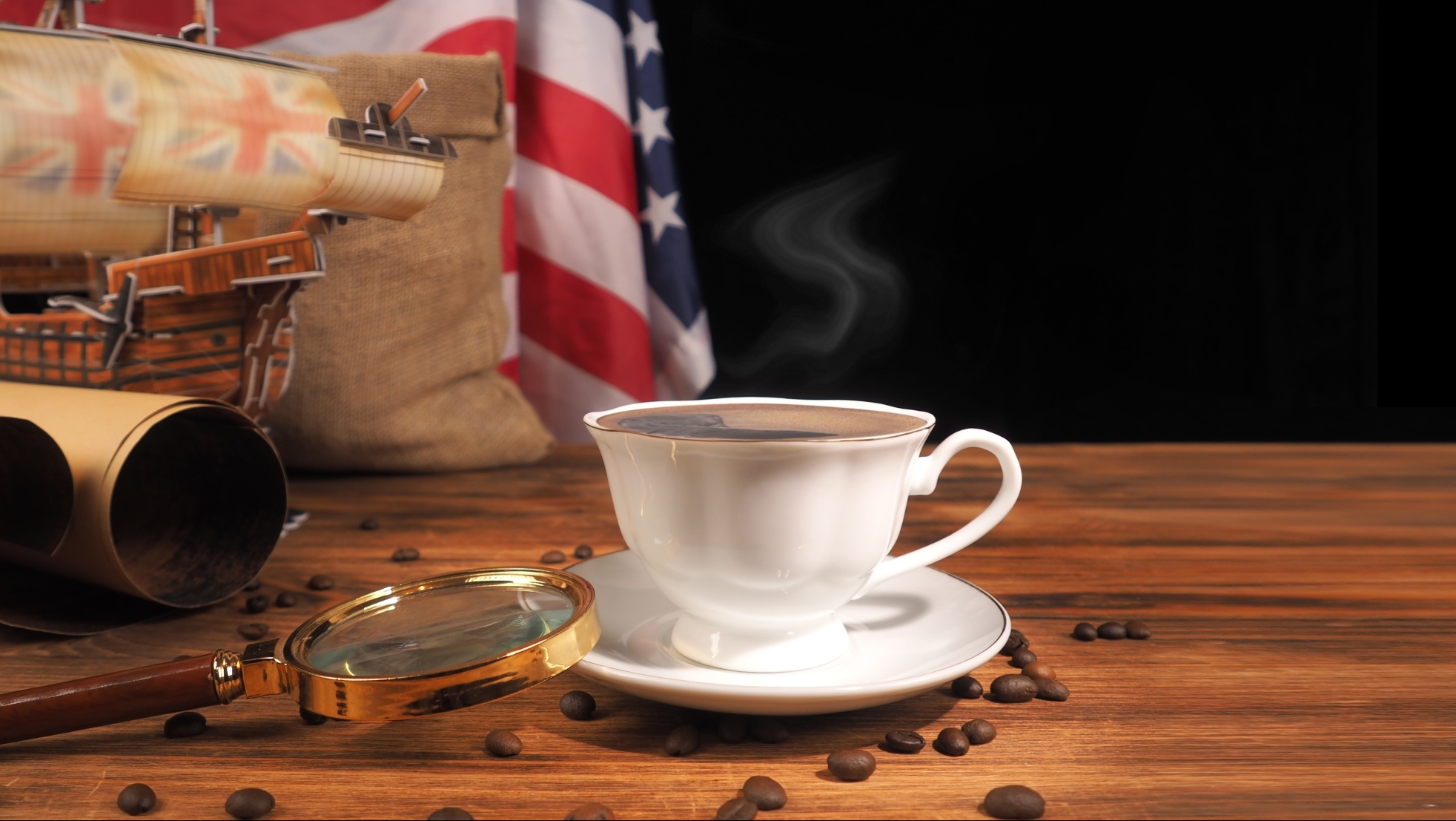Two hundred and fifty years ago, the British Parliament stumbled into what can only be described as a textbook case of how to alienate friends and lose loyal subjects.
When the Tea Act was passed in 1773, British conventional wisdom was that decreasing the tax on tea would be well received. And even though the science of economics had not fully developed, reducing the cost of a household staple would arguably increase consumption to the applause of merchants and consumers.
Little could anyone know that this Act would precipitate the Boston Tea Party and start the American Colonists down the road to rebellion and independence. Certainly, no one in England could have imagined this result, but the Tea Act was yet another in a series of botched attempts by the mother country to directly impose a tax without utilizing the existing colonial political structures.
As the colonies developed, the familiar English political institutions served as a pattern for governing. To some extent, the initial colonial political experience was basically an experiment in self-government, but this changed as the colonies grew both in territory and population and became a significant economic factor. Most importantly, as England expanded its global power, the colonies became part of British foreign policy.
As continental wars became global in scope, having a significant British presence in the New World gave them not only raw materials to trade for consumables, but also strategic bases for their military to check the growth of French and Spanish settlements.
The colonists welcomed trade with England, which initially came without significant taxation or regulations. But, as the colonies prospered and gained more clout, they became a pawn in the British plan for empire. The mother country became a helicopter parent closely guarding the young colonials and superintending many aspects of colonial political and civil life. Had the British been a more hands-off parent and fostered independence under a protective umbrella, things would have been different.
But as is often the case in families, the misunderstanding of roles, relationships, and maturity led to unintended consequences. Here, by creating a tension between the advancing development of the colonies and Parliament’s paternalism, the consequences were severe, consequential, and irrevocable.
Unlike a conquered country, the colonies, in their unique way, were transplanted Englishmen. Their immigration was not a planned occupation but was an evolving and organic expansion. Initial interference from England was limited as the government of the colonies was essentially local. Royal governors represented the King in Parliament, but each colony had its own means of government. Colonists were involved in raising a militia for protection and imposing taxes for public improvements.
But this changed when Britain needed to defend its expansionist plans and fight the localized version of wars with France and Spain. Committing troops in a foreign outpost was not a cheap endeavor. With the cost of an expanding empire, Parliament’s coffers were running low, and new sources of revenue were needed. Given the financial growth of the colonies, they were ripe for the picking, but parliamentary leadership went about it the wrong way.
Bypassing existing colonial political institutions and without any consultation with the colonists, Parliament started imposing taxes directly on goods the colonists consumed from England. Their tariffs and import duties completely changed the relationship between England and the colonists. Instead of a nurturing relationship, these taxes stunned the colonists when the costs of goods increased with no seeming local benefit.
Once household goods became more expensive, colonists sought alternatives that were duty-free. This quest for cheaper goods inspired colonists to manufacture their own goods, but more critically gave rise to smuggling. So, instead of collecting significant taxes, the opposite happened. Fewer British goods were purchased, and the machinery to impose the tax created a bureaucracy to focus the ire of the colonists.
When Parliament realized that it had accomplished very little other than to stir up the feelings of its subjects, some of the taxes were repealed, but the tax on tea remained. As a matter of principle, many colonists refused to drink tea imported from England preferring coffee and smuggled Dutch tea.
The decrease in demand for British tea created warehouses full of rotting tea in England. In fact, the lack of sales to the colonies worked a severe hardship on the British East India Company. In an example of 18th Century corporate welfare, Parliament passed the Tea Act to allow this tea to be sold directly to the colonies, but at a lower cost so that even with a tax, the tea was cheaper than smuggled tea. Parliament, however, also made the British East India Company the exclusive purveyor of tea, restricting merchants authorized to buy and sell tea.
This franchise coupled with the tax on tea was too much. The colonials realized that the power of Parliament to tax, limit trade and regulate the sale of commodities would become a means of control if not stopped. Even though tea might be cheaper, the colonists resisted the normal impulse to accept the tax and enjoy cheap tea.
In short, the Tea Act aroused every suspicion the colonists had about England and their future relationship. While initially undefined, the developing association became more strained as neither side appreciated that their political relationship had changed. The colonists had matured and were creating their own methods and manners to govern themselves. They were happy to pay taxes for a government they could see and appreciate, but, were unwilling to accept Parliament’s arbitrary intervention over which they had no say.
Each American colony reflected a very English system of self-government, but the Tea Act was the final straw in a battle of principles of who had the right to govern and be governed. Parliament inadvertently gave would-be loyal subjects an excuse to run away from home and achieve independence. Had Parliament worked through the existing political structures and allowed the colonists to continue to grow both economically and politically with limited interference, history might have turned out differently.






















































